Best I Faced: Eric Lucas
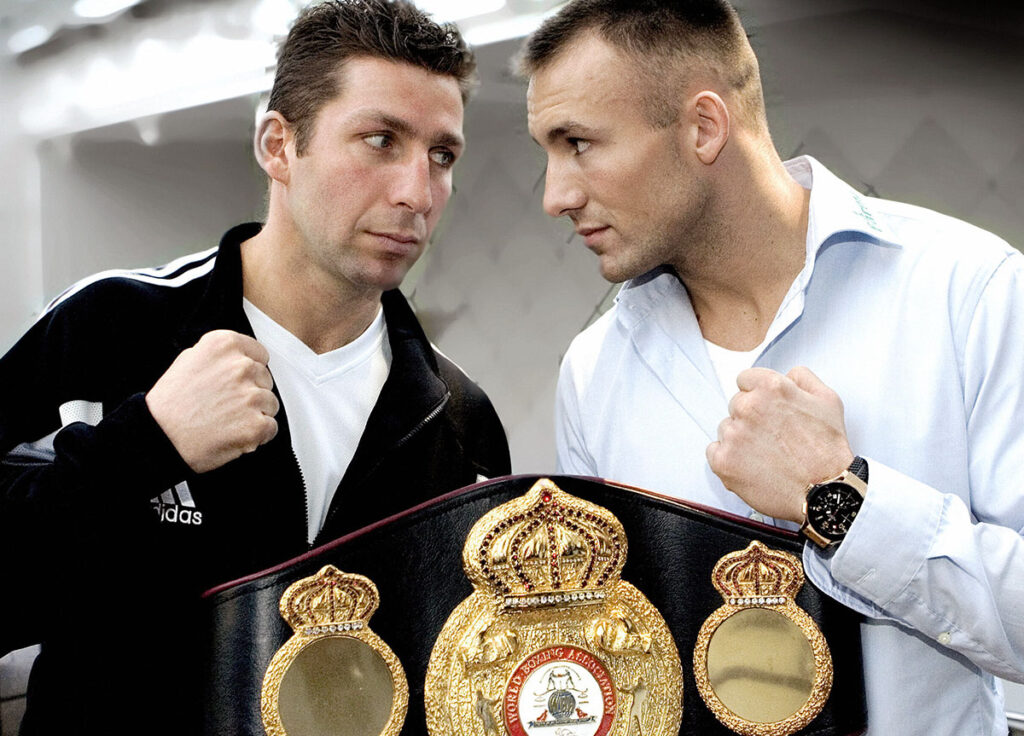
Gritty battler Eric Lucas was able to overcome any shortcomings he had with fierce determination and hard work. After two unsuccessful attempts to win a world title, Lucas’ persistence was finally rewarded when he won the WBC super middleweight belt and held it for nearly two years in the early 2000s.
Lucas was born in Montreal, Canada, on May 29, 1971. His early years were particularly difficult, but they helped shape him as a person and served him well in his boxing career.
“My childhood wasn’t the easiest,” Lucas told The Ring. “I don’t know anything about my father. My mother raised my brother and I alone; I’m the oldest one. My mother did her best, but we missed the essentials like clothes and food.
“Oddly, I had the chance to flourish in sports and have the life I have today. Boxing gave me a better life.”
Lucas first encountered boxing when he was 11 years old, weighing 72 pounds.
“I played in a hockey league,” he said. “I had a friend who was boxing in a gym; he invited me to the gym to see, so I started to train at that time. I was a very sporty kid. I choose boxing because I wanted to be professional in a sport. I thought it would be easier to go for boxing instead of hockey.”
“… I started to believe that one day I could be a world champion.”
Lucas went on to win a national championship and had an amateur record of 88-18 before turning professional as a junior middleweight in December 1991.
His early hopes were tapered by drawing two of his first six fights. The Canadian quickly grew into a super middleweight and won the national title in his 15th fight. He added a WBC regional title before losing for the first time against Bryant Brannon when he challenged for the NABF title in August 1995.
“Brannon was just a bad day at work,” said Lucas, who dropped a lopsided 12-round unanimous decision. “I had not full reached my physical maturity.”
After rebounding with a victory, Lucas was surprisingly chosen to face WBC light heavyweight titleholder Fabrice Tiozzo in Saint-Etienne, France, in January 1996.
via Le retour de BOXE Anglaise News on YouTube:
“I was really well treated in France by the promoter of the fight,” said Lucas, who gave his all and recovered from a third-round knockdown but lost a 12-round unanimous decision. “The boxing fans were screaming my name at the end of the fight because they appreciated my courage and my performance. It was a really good experience for my first world title fight.”
Lucas’ performance was enough to earn him a fight with pound-for-pound king Roy Jones Jr. in Jacksonville, Florida, in June 1996.

Roy Jones Jr. would stop Lucas in 11 rounds. (Photo by John Iacono/Sports Illustrated via Getty Images) (SetNumber: X50968)
“I received an invitation for a fight with the best fighter of my generation,” he said. “I had the chance to have a training camp at Cuba, the country that is known to have the best fighters. I completed 11 rounds with Roy Jones Jr. I didn’t do the 12 rounds, because the doctor stopped me because I had a bad cut on my eye. At the end of that fight, I started to believe that one day I could be a world champion.”
Lucas continued to hone his skills over the next couple of years. He fought big-punching Antwun Echols to a draw, bested veteran Kevin Pompey (UD 10), knocked out former world title challenger Segundo Mercado (KO 5) and gained local bragging rights by widely outboxing Alex Hilton (UD 10).
England’s Glenn Catley came to Montreal to face Lucas in a WBC 168-pound title eliminator in December 1999.

Lucas would eventually hoist the WBC super middleweight title by knocking out Glenn Catley in 2001. (Photo by Robert Laberge – Allsport/Getty Images)
“A few weeks before, I seriously injured my right hand, and since the fight was really important for me, I didn’t want to cancel,” he explained. “So, I trained the best I could, and a few hours before the fight I had an injection in my hand in the hope of not feeling the pain. But, sadly, in the third round the pain came back and I was not able to use my hand in its full capacity.”
Ultimately, Lucas was stopped a minute into the final round.
The loss would have dissuaded lesser men, but when Davey Hilton Jr. was stripped of the WBC title, Lucas’ team was able to bring Catley back to Montreal to contest the vacancy in July 2001.
“[Because of] what happened in the first fight and fighting with only one hand, I was feeling really confident about that fight,” said Lucas, who stopped Catley in seven rounds. “My training was perfect. I had no injuries. My weight-loss was perfect. Everything was just perfect and I felt ready for that fight.
“Becoming world champion meant a lot to me, because I wasn’t the one [who was ever expected] to be the champion.”
But now Lucas was champion and he wasn’t about to let it go without a fight. He reeled off three title defenses against the respected trio of Dingaan Thobela (TKO 8), Vinny Paz (UD 12) and Omar Sheika (UD 12).
“Each fight had its own significance,” he explained. “A few months before, Thobela lost a fight in a tight and controversial decision against Dave Hilton Jr., and because of that I was obligated to give him a chance. So it was really important for me to win this fight without leaving any doubt.
“Even if he was in the end of his career, Vinny Paz was really popular, and the opportunity to fight with him in his country was for me a chance to have good visibility [to the boxing world].
“Omar Sheika had fought Stéphane Ouellet, who was really popular in Quebec, a few years before. Sheika was known as a strong fighter, and to have the opportunity to fight against him in Quebec was a good chance for me to show that I hadn’t become champion by accident.”
Next, Lucas took his title to face Markus Beyer in Leipzig, Germany, in April 2003.
“I will simply say that still, to this day, I don’t understand [how] I lost that decision,” said Lucas, clearly still aggrieved by the highly controversial split decision that went in Beyer’s favor. “I have nothing more to say.”
A rematch was ordered by the WBC, but it never happened and Lucas ended up facing Danny Green for the interim title.
“I don’t really know what happened in the negotiations for a rematch fight against Beyer, and to find myself in the ring with Danny Green — I don’t understand,” he said. “This fight should not have happened, because one week before, I tore a muscle in my ribs. That defeat (Lucas was stopped in six rounds) was the beginning of the end for me.”
Lucas craved one more world title opportunity, and his coach, Stephan Larouche, was able to help his charge secure a fight with WBA super middleweight titlist Mikkel Kessler in Brondby, Denmark, in January 2006.
“Stephan warned me that it wasn’t going to be an easy fight,” said Lucas, who was stopped in 10 rounds. “I told him that I wanted this fight anyway, because I wanted a world championship fight before I retired.
“Despite the defeat, it was a positive experience for me. I have no regrets about this fight, I did what I wanted to do.”
Lucas retired for over three years before deciding to make a comeback. He lost his second fight back to Librado Andrade (RTD 8) and retired for good.
Looking back, Lucas is happy with with his achievements inside the ring.
Lucas highlight reel on YouTube
“At the start of my professional career I wasn’t meant to have the career that I had,” said Lucas (39-8-3, 15 knockouts). “I had to work harder than the average. I didn’t have a natural talent, so I had to work more than the others who had natural talent. I knew that if I wanted to do well in boxing, the secret was to believe and work hard. The effort paid off.
“To have 50 professional fights, including eight world championship fights and to win four of them. For me, I can say that I really succeeded in my professional boxing career.”
Lucas, now 51, is married, has two daughters and lives in Magog, about 90 minutes from Montreal.
In retirement, he initially stayed in boxing working for Interbox. He has since owned several businesses, including a sports bar, coffee shop and ice-cream parlor but decided that wasn’t for him and is no longer involved in any of them. He particularly enjoys playing golf.
He graciously took time to speak to The Ring about the best he fought in 10 key categories.
BEST JAB
Michael Kessler: “He had a strong jab. From the first jab I received, I knew it would be a long evening.”
BEST DEFENSE
Roy Jones Jr.: “It was difficult to land [a punch on him], because he had very good footwork, and when he was on the ropes, he had his hands up. And his defense was perfect. I didn’t have enough experience to foil him.”
BEST HANDSPEED
Jones Jr.: “His hands were a blur. He was so fast. His hands were unpredictable.”
BEST FOOTWORK
Jones Jr.: “By the time I was thinking about my next [attack], he had already changed place.”
SMARTEST
Jones Jr.: “[I have] no choice [but] to say Roy Jones Jr. With all the skills he had, he was clever enough to use those skills to perfection.”
STRONGEST
Fabrice Tiozzo: “At this time, he was a real light heavyweight and I was a small super middleweight. I was young and not physically mature.”
BEST CHIN
Librado Andrade: “I never hit an opponent’s chin as much as in this fight, and his legs never buckled.”
BEST PUNCHER
Michael Kessler: “I don’t know if it’s because I was at the end of my career, but every punch that hit me was hurting me.”
BEST BOXING SKILLS
Jones Jr.: “He was able to do whatever he wanted, in all ways.”
BEST OVERALL
Jones Jr.: “No doubt it was Roy Jones Jr. At that time, he was the best pound-for-pound in the world. It was very impressive for me, and I consider it was a privilege to have the chance to fight him on HBO.”
Questions and/or comments can be sent to Anson at [email protected].
The post Best I Faced: Eric Lucas appeared first on The Ring.

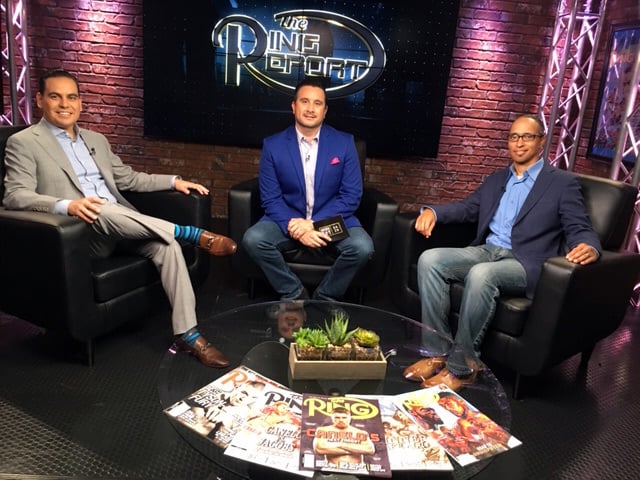
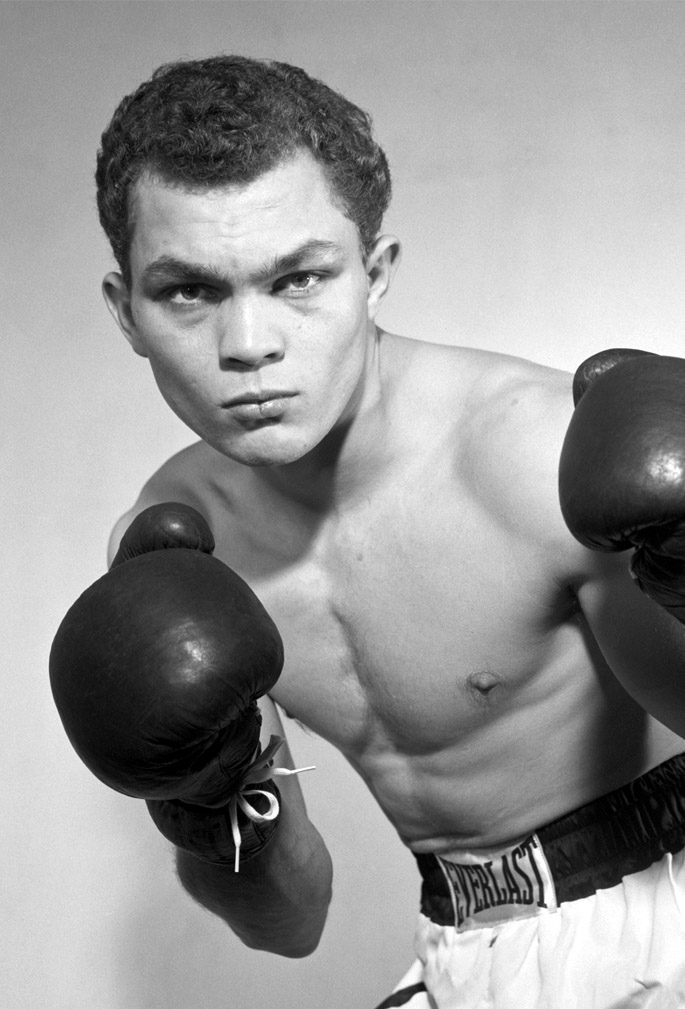
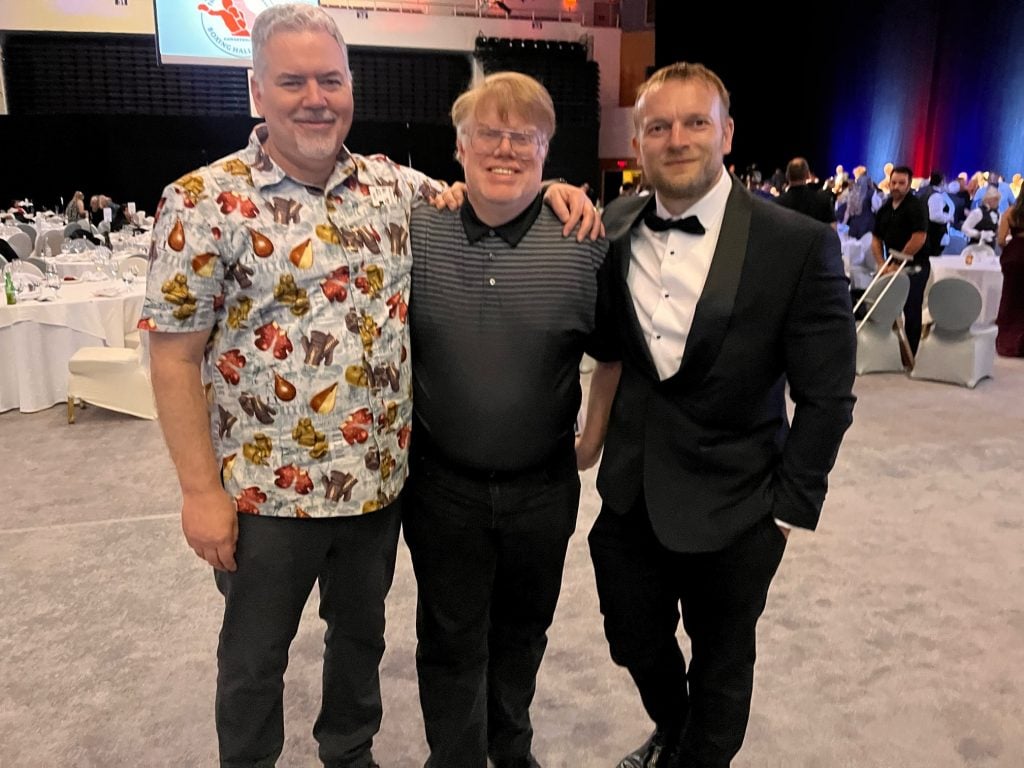
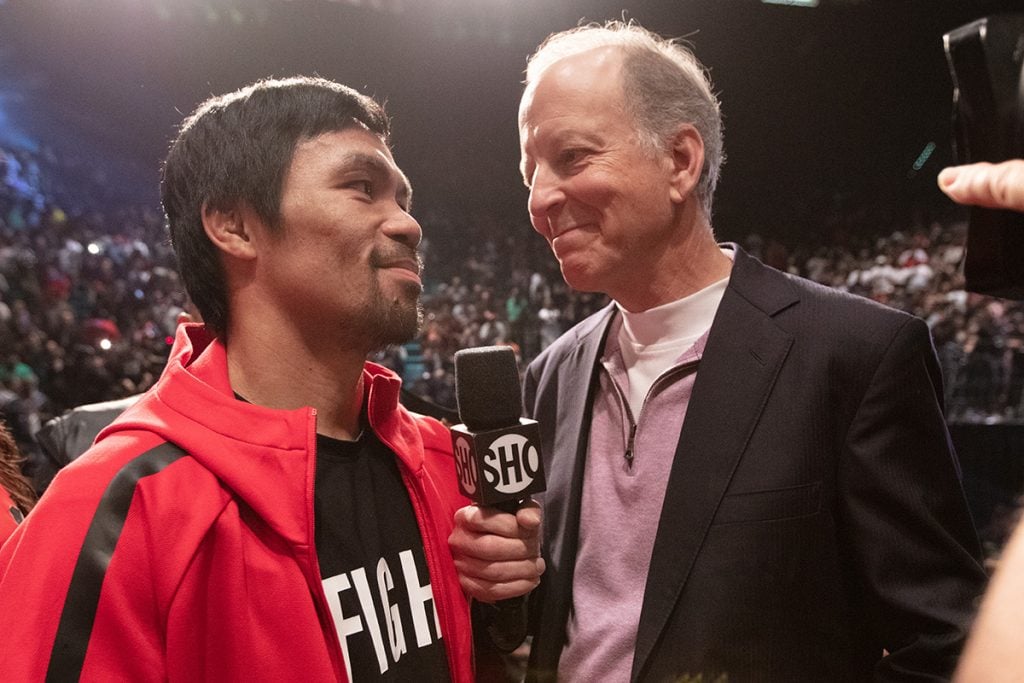
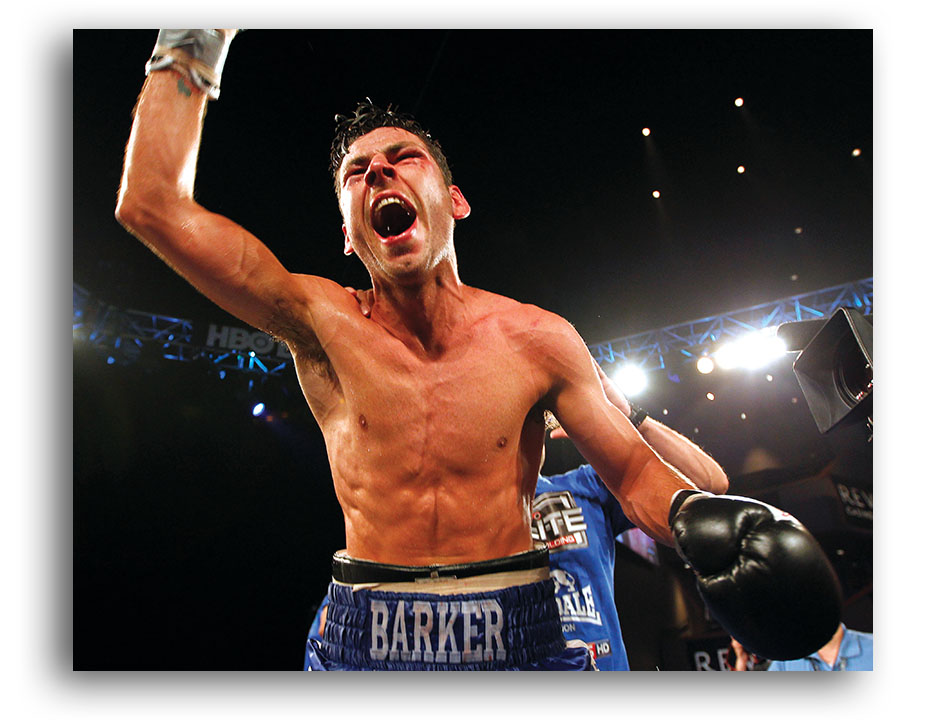
Responses